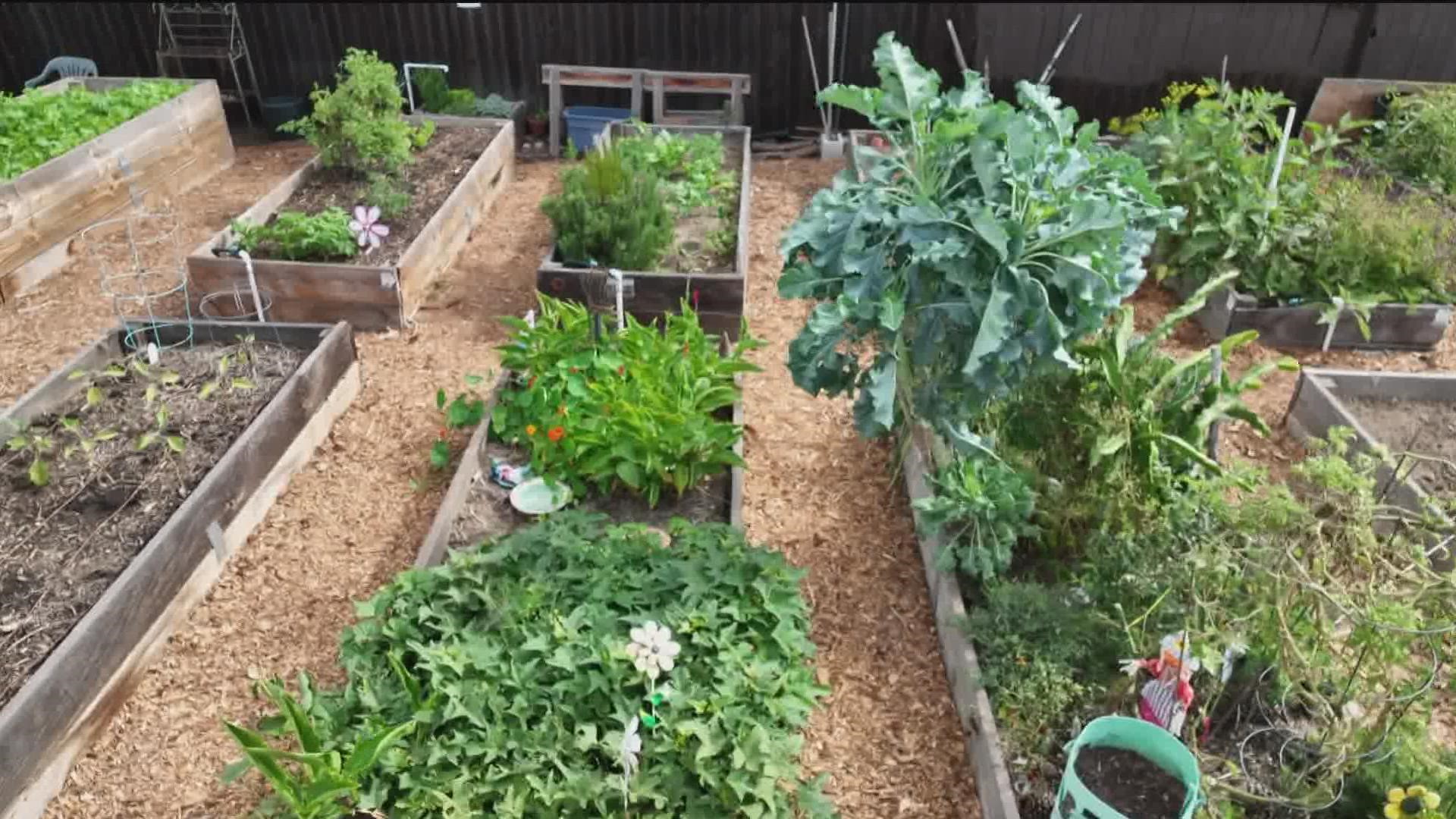SAN DIEGO — Plants are essential to our life as well as our planets. Unfortunately, we are dealing with negative impacts when it comes to vegetation and climate change.
Now, new research being done at the Salk Institute is trying to develop more resilient plants through the study of light and temperature.
"It's something that the plants somehow need to sense and decide to make a decision without the brain what to do, to respond to temperature, respond to the shade or respond to both of them together," said Yogev Burko, a Salk researcher and Assistant Professor at the Agriculture Research Organization in Israel.
The research is studying shade avoidance. This is when plants are competing for light to grow, or they will be fully shaded by surrounding plants.
This type of survival will be beneficial for growth in dense populations. Researchers are observing the elongation of stems in response to warm temperatures as well.
"When plants are at a high temperature, they also start to elongate almost to the same level as their elongating response to shade. And the idea was that, in a way to get away from the ground and to let more air flow under the leaves, and that's how they can shield themselves. All though it is not really clear if that is the reason, but that's what we think," explained Burko.
It's these responses that Burko and other scientists including Doctor Joanne Chory, Director of Salk's Plant Molecular and Cellular Biology Lab are monitoring. They've been studying Arabidopsis Thaliana, along with tomato and tobacco plants.
The observations start during the early stages of plant growth. After the sprouting of the seed, the three-day-old plants are further examined under canopy shade and warm temperatures. Burko says you can start to see the effects of the shade response as early as four hours into observations.
On a molecular level, observations can be seen as early as ten minutes. Scientists note that the protein PIF7 and the growth hormone auxin are major factors in the accelerated growth of plants under these conditions.
The purpose of this research is to be able to increase crop productivity in response to the rise in global temperatures in dense plant populations.
"And then thinking about global warming, you can add onto the shade response, the temperature. We want to know if we can, in a way, predict what's going to happen in those fields that the plants grow in high density," said Burko.
Yogev is also working to mimic the Arabidopsis response in tomato plants with the potential to increase output in crop plants.
"If it is tomatoes, you know that it is tomatoes. You still have the same leaves, you still have the same fruit, but the shape of the plant could be totally different depending on the environment and to me that's fascinating," stated Burko.
He says the goal is to be able to manipulate plants to our benefit.
But Yogev also expresses there is still much to learn when it comes to this study that isn't just going to sprout up overnight.
WATCH RELATED: UC San Diego students making sustainable shoes from algae
WATCH RELATED: Going with an electric car without a home charger? CBS 8's Neda Iranpour shows how she keeps her car charged

